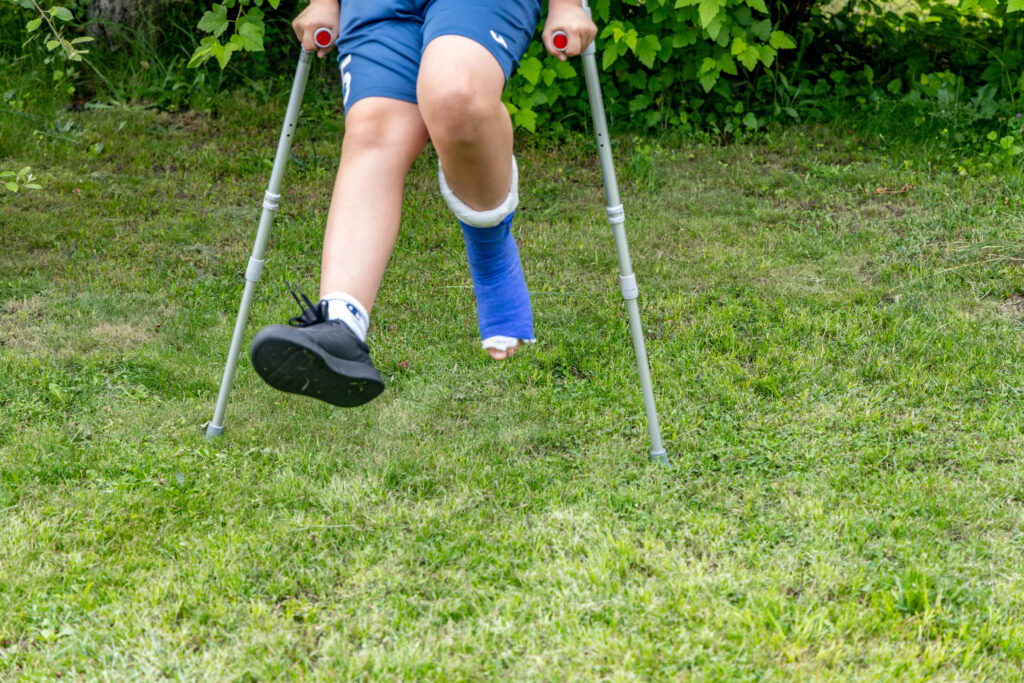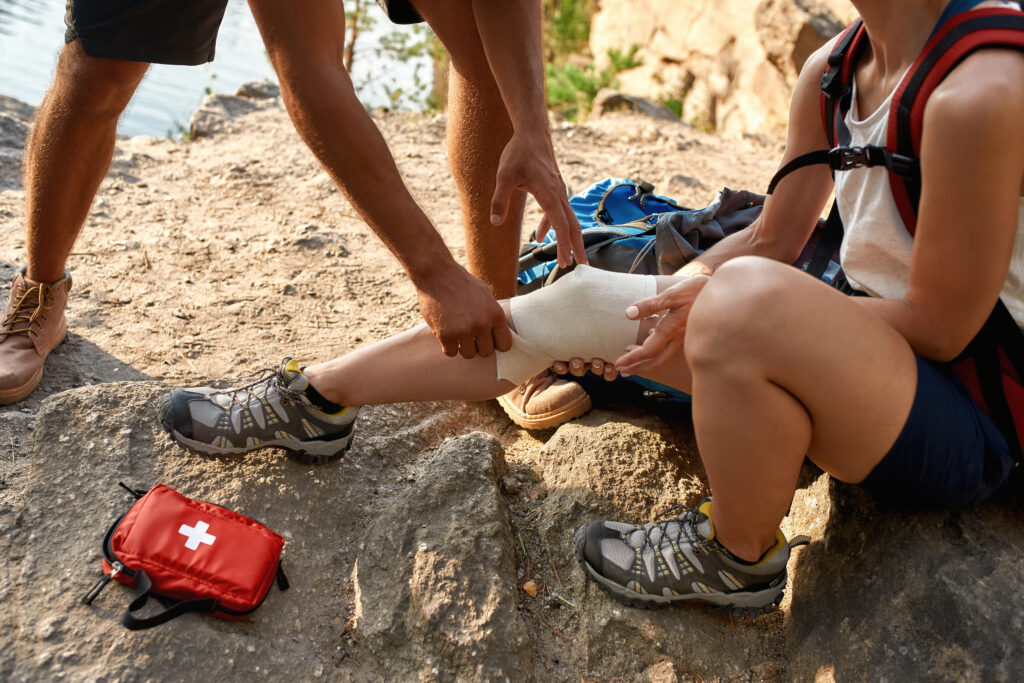How Does Evidence Impact Injury Cases?
In the world of personal injury law, evidence is more than just useful—it’s essential. The strength of a personal injury claim often hinges on the quality, type, and presentation of the evidence. From proving how an accident happened to establishing the full scope of injuries sustained, gathering and preserving the right information can make all the difference.
If you’re facing the aftermath of an accident, you may be wondering how to build a successful personal injury claim. Working with an experienced personal injury lawyer can help ensure that every piece of valuable evidence is accounted for and used effectively.

Why Evidence Matters in a Personal Injury Case
Proving Liability and Negligence
In most personal injury cases, the burden of proof falls on the injured party. This means it’s up to you and your legal team to present strong evidence showing the other party’s negligence. Whether it’s a car accident, slip and fall, or another incident, evidence helps establish how the accident happened and who was at fault.
This process—called proving liability—may involve a variety of documentation and expert analysis. The more comprehensive evidence you have, the better your chances of recovering a fair settlement.
Demonstrating the Extent of Damages
Once liability is established, the next step is showing the full extent of your physical injuries, financial losses, and emotional harm. Here, medical records, medical bills, and even employment records become indispensable. These documents help quantify how the accident has impacted your life and support claims for lost wages, future medical care, and other losses.
Crucial Types of Evidence in Personal Injury Law
1. Physical Evidence
Physical evidence refers to tangible items related to your accident, such as broken objects, damaged clothing, or vehicle parts. These objects can tell a powerful story when it comes to illustrating what occurred and the severity of the incident.
To preserve physical evidence, store it safely, photograph it from multiple angles, and note the context in which it was collected. A personal injury attorney will ensure that this evidence is properly handled and introduced during legal proceedings.
2. Medical Documentation
Medical records and reports from medical professionals form the backbone of nearly every personal injury claim. These documents not only detail the medical attention you received but also serve to connect your injuries directly to the incident in question.
Along with records, medical bills are critical in calculating compensation. Notes from healthcare professionals and follow-up care recommendations can also highlight the need for future medical care.
3. Witness and Expert Testimony
Witness testimony from individuals who saw the accident unfold is often considered some of the most compelling evidence. These accounts provide an unbiased account of what transpired.
Additionally, expert testimony—such as that from accident reconstruction experts or specialists in biomechanics—can reinforce the facts of the case, helping to establish a clearer picture of the party’s negligence.
4. Employment and Financial Records
If your injuries prevented you from working, employment records can demonstrate the financial toll of the accident. These may include timesheets, pay stubs, or a letter from your employer confirming time off and wages lost.
This form of documentation strengthens claims for lost wages and may support future claims for diminished earning capacity.
5. Surveillance and Digital Evidence
In today’s world, digital evidence is increasingly relevant. Surveillance footage from traffic cameras or nearby buildings can provide clear visuals of the accident scene. Photos or videos captured at the scene by you or others serve as vital visual evidence of conditions, hazards, or injuries.
Digital evidence also includes texts, social media posts, or emails that may reflect the behavior or awareness of the involved parties before or after the incident.
Preserving Evidence: A Critical Step
Effective preserving evidence ensures that your personal injury attorney can present a strong case. Steps to take include:
- Documenting the accident scene with photos and videos
- Keeping all detailed records related to your treatment, property damage, and interactions with insurers
- Securing copies of the police report and any accident reports filed
- Reaching out to witnesses promptly for statements
An experienced personal injury attorney will work to gather and preserve all relevant evidence—including witness statements, surveillance footage, and photographic evidence—before it is lost or compromised.
How Evidence Affects the Legal Process
The legal process for pursuing a personal injury claim involves multiple stages, from initial claim filing to settlement negotiations or even trial. The quality of evidence presented can influence each phase.
Strong, well-organized evidence can convince insurance companies to offer a fair settlement, avoiding the need for extended litigation. If your case goes to court, the jury’s perception of thorough records and expert-supported testimony can heavily influence the verdict.

Working with the Right Law Firm
Partnering with a trusted law firm can make all the difference. A skilled personal injury lawyer knows how to identify and leverage every piece of liability evidence, ensure documentation is preserved, and present a case that highlights the full impact of the accident.
Remember: the better your personal injury evidence, the better your chances of obtaining justice and moving forward in the recovery process.
How Does Evidence Impact Injury Cases? Learn more about how evidence impacts injury cases. Call Greenstein & Pittari, LLP at (800) 842-8462 to schedule your free, no-obligation consultation. You can also reach us anytime through our contact page. Let us help you take the first step toward justice and recovery.
FAQs: How Does Evidence Impact Injury Cases?
Q1: What types of evidence are needed in a personal injury case?
You’ll need a combination of medical records, police reports, witness statements, surveillance footage, and physical evidence to build a strong case.
Q2: How does evidence help prove liability?
Evidence in personal injury cases helps establish liability by reconstructing what happened and linking the injuries to the other party’s negligence.
Q3: What should I do immediately after an accident to preserve evidence?
Photograph the accident scene, get contact information from witnesses, save damaged items, and seek prompt medical attention. Always secure a copy of the accident report.
Q4: Can a lawyer help me gather evidence?
Yes. An experienced personal injury lawyer can investigate the case, work with experts, and ensure that all valuable evidence is obtained and preserved.
Q5: How does medical documentation influence my compensation?
It demonstrates the severity of your injuries sustained and helps justify claims for fair compensation, including for future medical care and lost wages.
